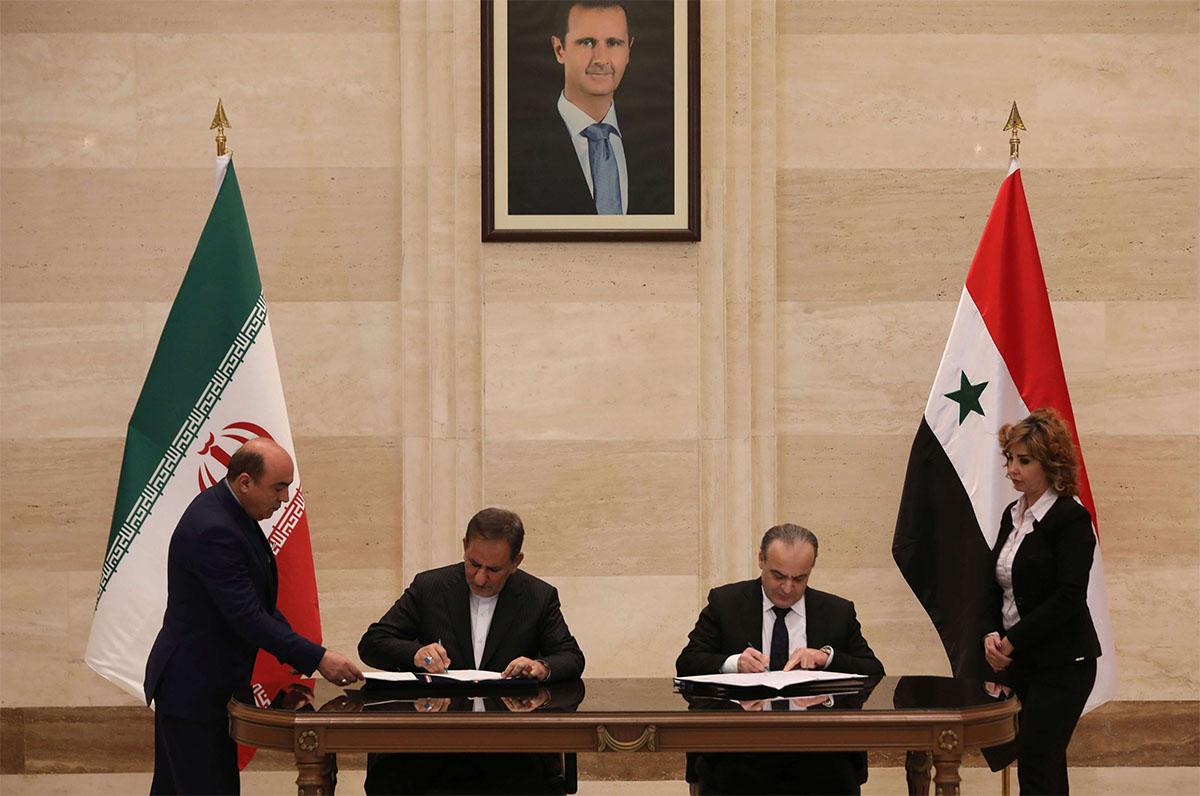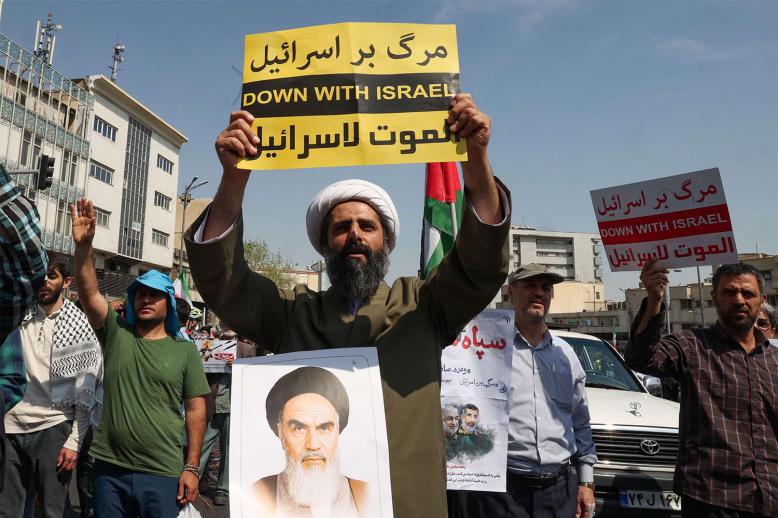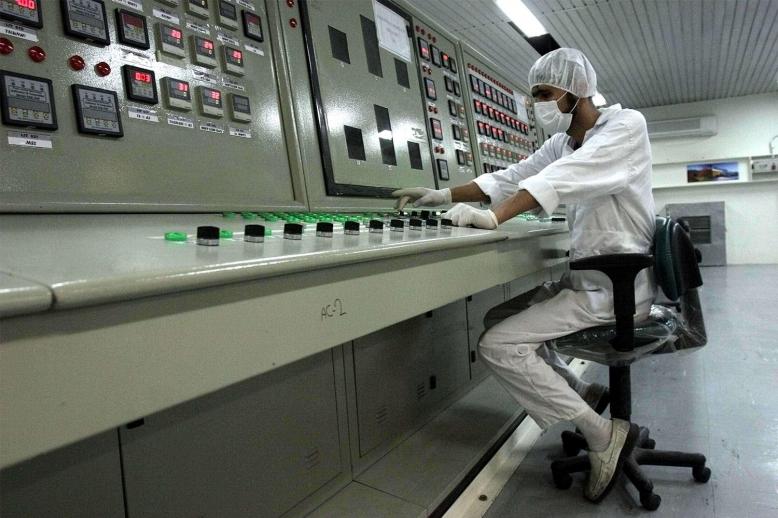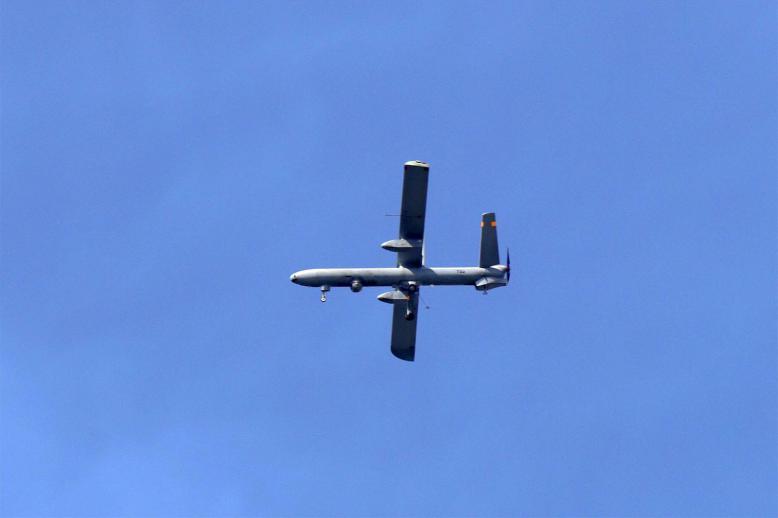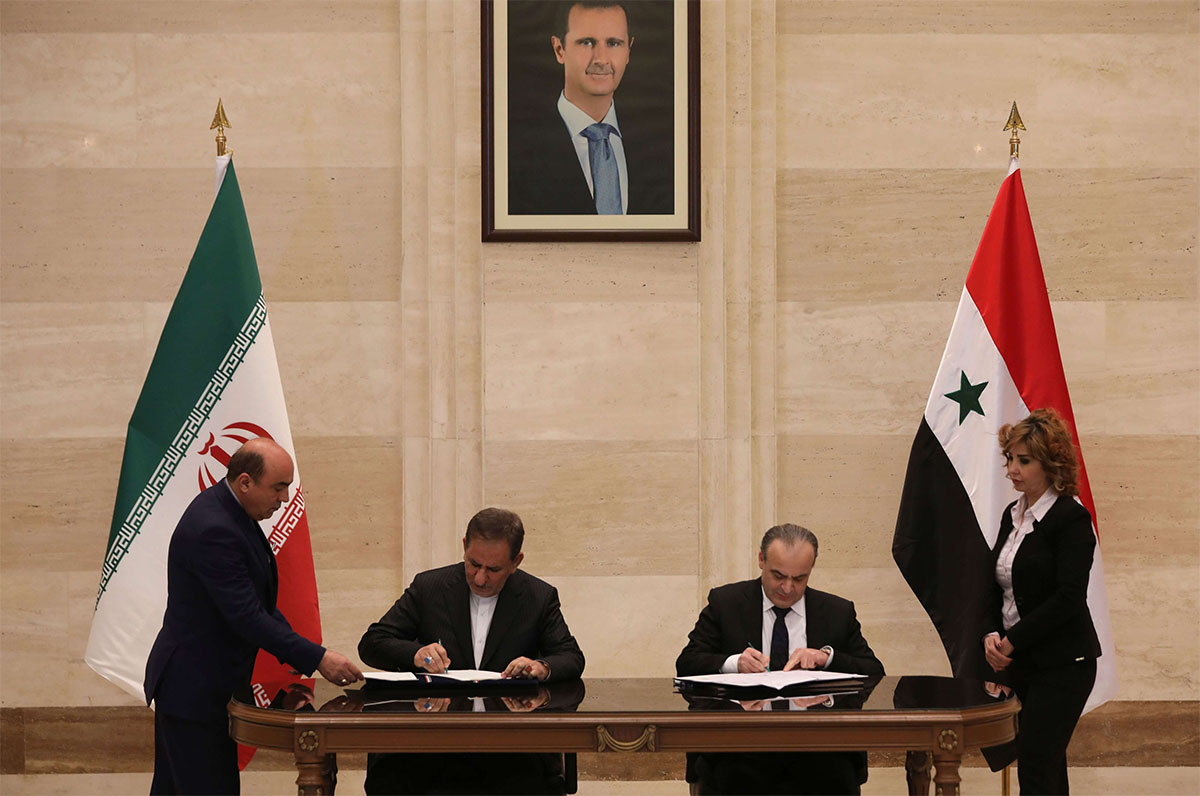Syria rewards Iran with raft of agreements
DAMASCUS - Syria and Iran signed 11 agreements and memoranda of understanding late Monday, including a "long-term strategic economic cooperation" deal aimed at strengthening cooperation between Damascus and one of its key allies in the civil war that has torn the country apart.
The agreements covered a range of fields including economy, culture, education, infrastructure, investment and housing, the official Sana news agency reported.
They were signed during a visit to Damascus by Iran's First Vice President Eshaq Jahangiri.
Syrian Prime Minister Imad Khamis said it was "a message to the world on the reality of Syrian-Iranian cooperation", citing "legal and administrative facilities" to benefit Iranian companies wishing to invest in Syria and contribute "effectively to reconstruction".
The agreements included two memos of understanding between the railway authorities of the two countries as well as between their respective investment promotion authorities.
In relation to infrastructure, there was also rehabilitation of the ports of Tartus and Latakia as well as construction of a 540 megawatt energy plant, according to Khamis.
In addition there were "dozens of projects in the oil sector and agriculture", he added.
The civil war has taken an enormous toll on the Syrian economy and infrastructure, with the cost of war-related destruction estimated by the UN at about $400 billion.
Iran will stand "alongside Syria during the next phase that will be marked by reconstruction", Jahangiri promised.
Iran and Syria had already signed a military cooperation agreement in August while Tehran has supported Damascus economically during the conflict through oil deliveries and several lines of credit.
'Most important problem'
Among the agreements signed were steps that will allow bank transactions between the countries, officials said on Tuesday, a move aimed at boosting trade and investment as Damascus looks to rebuild.
Shunned by Western states that backed the opposition, Damascus is looking to countries such as Iran, Russia and China to help rebuild. But banking transactions between Syria and Iran have been affected by Western restrictions on their access to the international financial system.
Addressing an Iranian-Syrian business forum in Damascus, Jahangiri said "ministers confirmed that banking transactions will take place very soon between the countries".
In comments circulated by Iranian state media, Abdolnaser Hemmati, Iran's central bank governor, said the agreement enabled banks to conduct transactions in their local currencies and non-dollar foreign currencies.
Mohammad Saeed Shahmiri, an executive with the Iranian company Saab Niroo which specialises in building infrastructure, said his firm was studying projects in and around Damascus but described the banking issue as the "most important problem".
"We hope if they solve this problem, immediately we can start the project here," Shahmiri said at the forum.
Keyvan Kashefi, chairman of an Iranian-Syrian chamber of commerce, said Iran and Syria had not had strong banking ties in the past few years.
"This issue was constantly raised by the private sector of both countries," he said.
"It was announced today that some agreements have been reached. And the banks of the two countries can now help businessmen and industrialists with financial exchanges and this problem of ours will be solved."
Mohamad Hamsho, a businessman and chairman of the Syrian chambers of commerce, said agreements had been concluded to "overcome obstacles with respect to the banking activity between Iran and Syria".
'Economic war'
The new agreements come against the backdrop of fresh US sanctions against Iran, while Syrian President Bashar al-Assad's regime and several Syrian businesspeople and companies are already on US and European blacklists.
They also come as Israel has repeatedly pledged to keep arch-foe Iran from entrenching itself militarily in Syria.
Assad on Tuesday hailed the deal with Iran as a bulwark against what he described as an "economic war" waged by the West.
"These deals... will help consolidate Syrian and Iranian resilience against the economic war waged against them by some Western states", the presidency quoted him as saying.
Assad called for "intensifying common efforts to stave off these countries that keep trying to weaken both countries", it said.
With help from allies including Iran and Russia, the regime has gained ground against rebels and jihadists since 2015 and controls nearly two-thirds of the country.
Iran has supported Damascus in the war through the deployment of its own forces in addition to Tehran-backed Shiite militias such as Lebanon's Hezbollah.
The civil war has killed more than 360,000 people and displaced millions since it started in 2011 with the brutal repression of anti-government protests.

